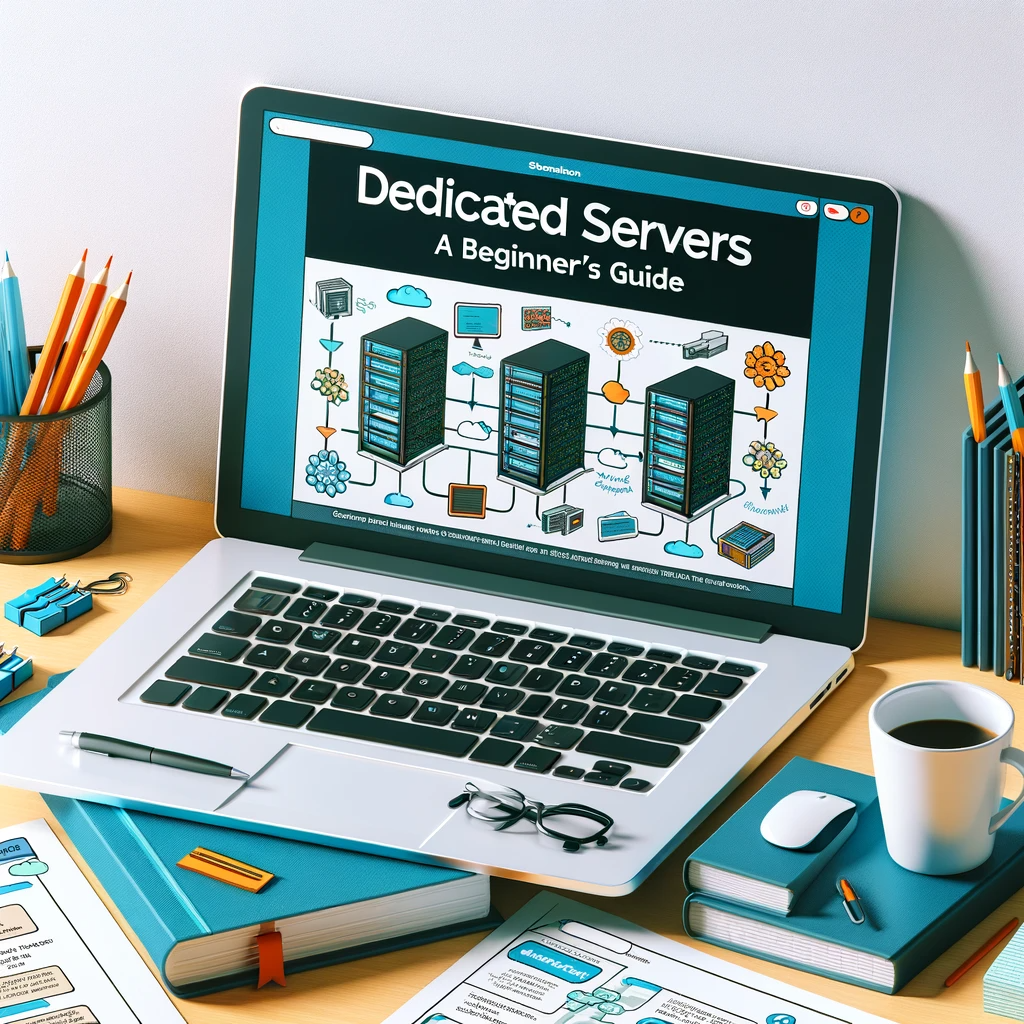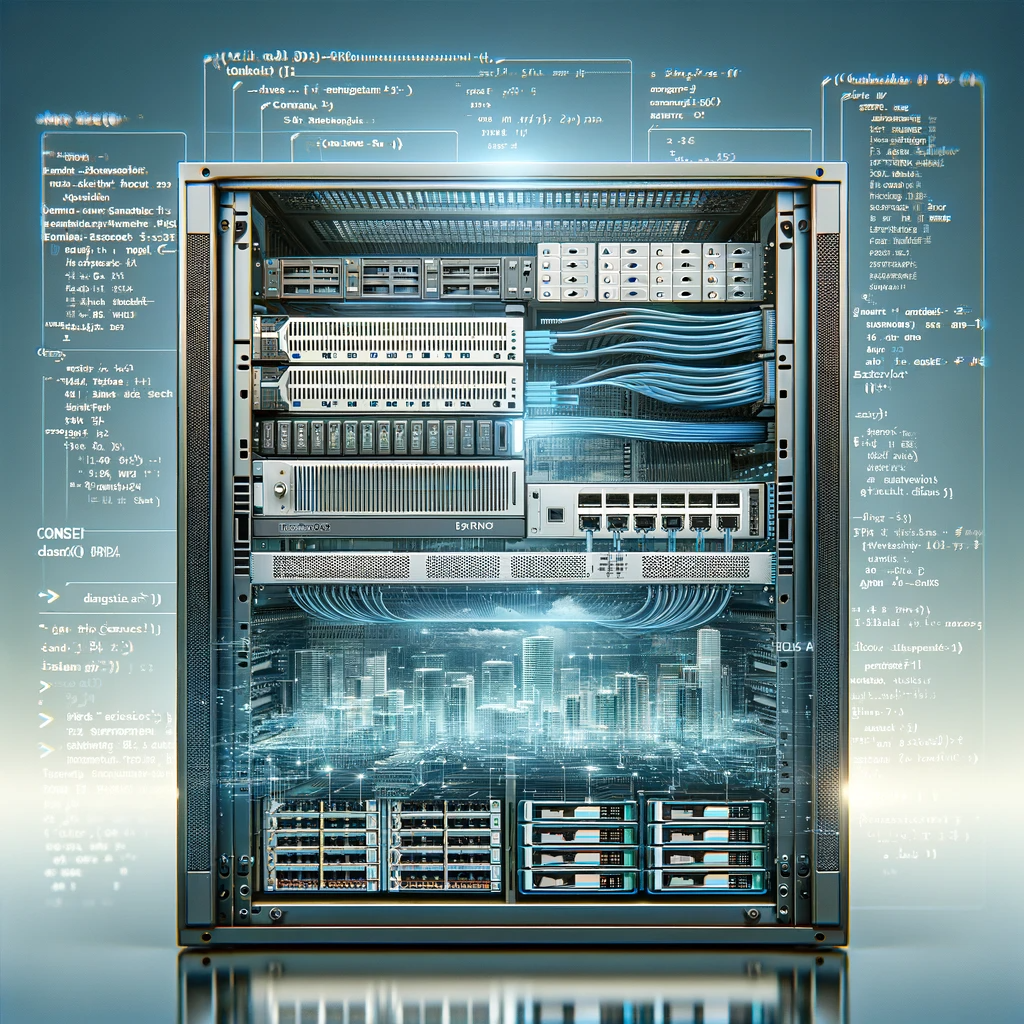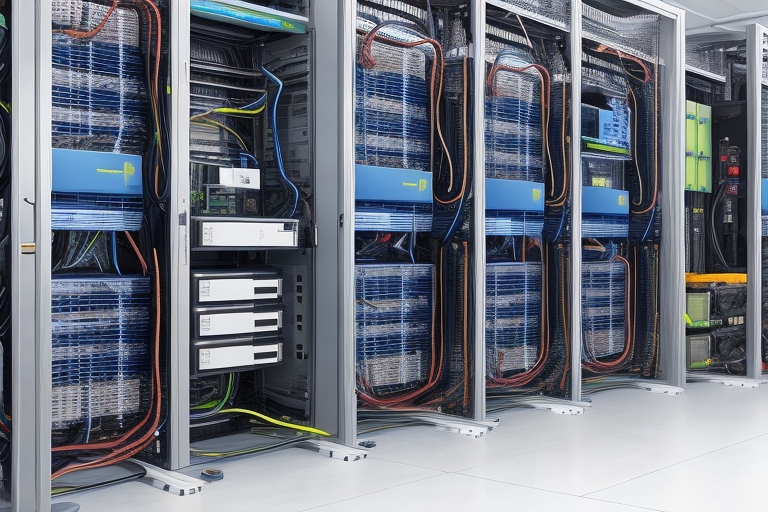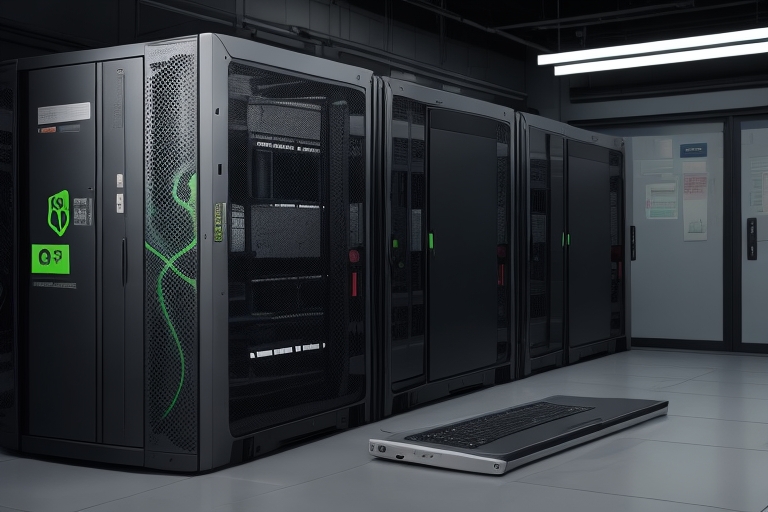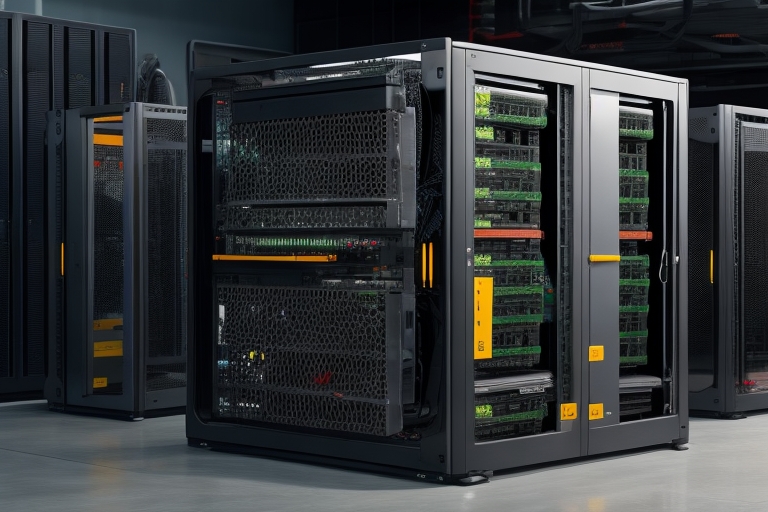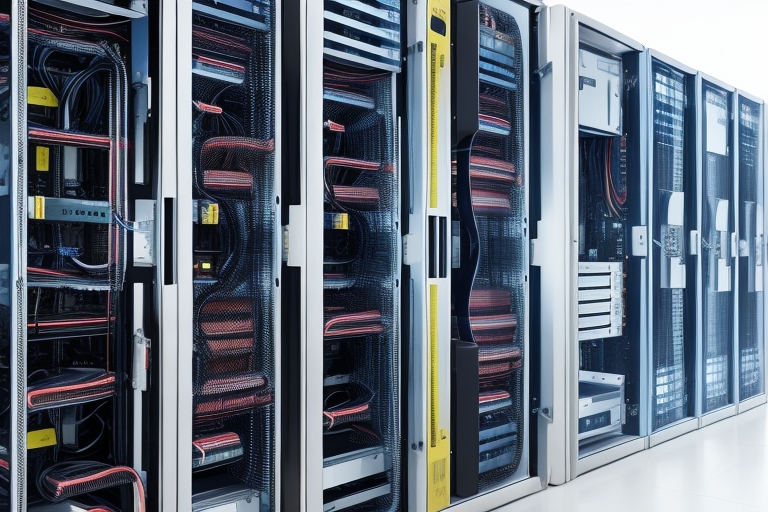What Are the Benefits of Using a Dedicated Server?
In the ever-evolving digital landscape, the backbone of any successful online venture is robust and reliable hosting. Among the various options available, dedicated servers stand out as a premium choice. But what makes them so beneficial? Let’s delve into the myriad advantages that dedicated servers offer, setting them apart as a key asset for businesses and individuals aiming for digital excellence.
Unmatched Performance and Speed
The most significant advantage of a dedicated server is its exceptional performance. Unlike shared hosting, where server resources are divided among multiple users, a dedicated server dedicates all its resources to one client. This exclusivity results in higher processing power, ample storage, and significantly faster load times, crucial for websites with high traffic and applications requiring intensive data processing.
Enhanced Security and Compliance
In an age where cyber threats loom large, the security provided by dedicated servers is unparalleled. Users have complete control over the security protocols, allowing them to implement customized firewalls, security patches, and encryption standards. This level of security is particularly vital for businesses handling sensitive data, ensuring compliance with industry regulations and data protection laws.
Total Control and Customization
Dedicated servers offer a degree of control and customization that other hosting options simply cannot match. Clients have the freedom to choose their operating system, configure the server environment to their liking, and install specific applications. This flexibility is invaluable for businesses with unique software requirements or those looking to tailor their server for optimal performance.
Reliability and Uptime
For any online business, uptime is critical. Dedicated servers provide a reliable hosting environment with minimal downtime. The dedicated resources ensure that traffic surges or spikes in usage by other users do not affect your website’s availability and performance, thus maintaining a consistent online presence.
Scalability to Support Growth
As businesses grow, so do their digital needs. Dedicated servers offer scalability, allowing for easy upgrades in terms of storage, bandwidth, and processing power. This scalability ensures that your hosting environment evolves in tandem with your business, providing the necessary resources as your demand increases.
Dedicated Support and Service
Providers of dedicated servers often offer superior customer support and technical assistance. Given the critical nature of the services they provide, dedicated server hosts typically have expert teams available around the clock to address any issues, ensuring smooth and uninterrupted service.
Isolation from Other Users
One of the underrated benefits of a dedicated server is the isolation from other users. This isolation not only enhances security and performance but also ensures that your server’s performance is not impacted by other websites’ traffic and usage patterns.
Optimized SEO Benefits
Website speed and reliability are key factors in search engine rankings. Dedicated servers, with their high-speed performance and excellent uptime records, contribute positively to SEO efforts. Faster websites provide better user experiences, leading to lower bounce rates and higher rankings on search engines.
Conclusion
Investing in a dedicated server brings a multitude of benefits, from enhanced performance and security to unparalleled customization and scalability. For businesses and individuals seeking to solidify their online presence, a dedicated server is not just an option but a necessity in today’s digital age.









